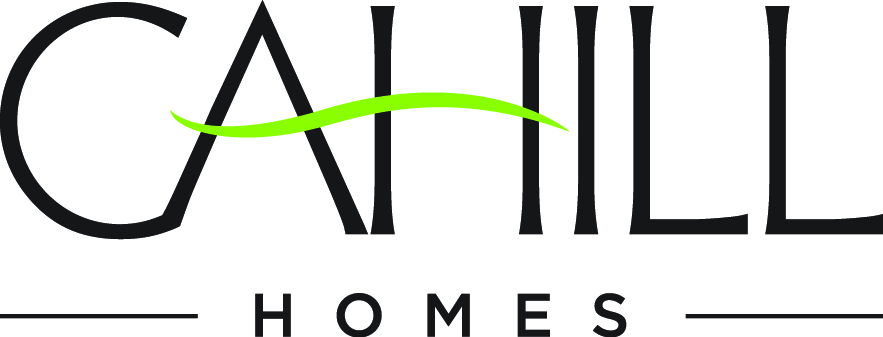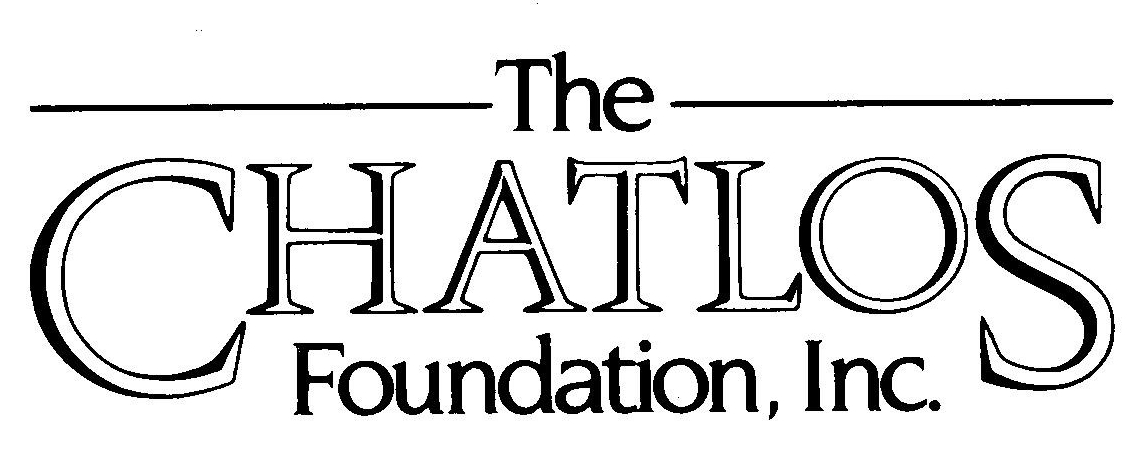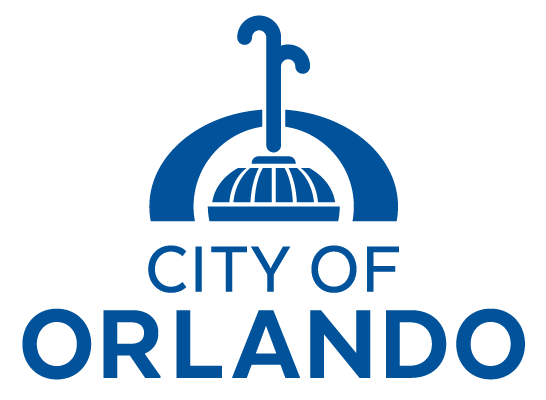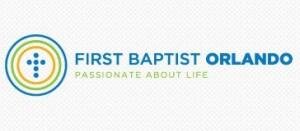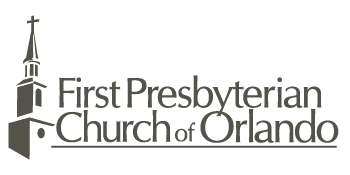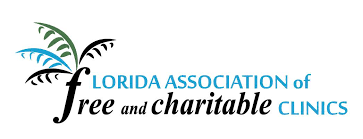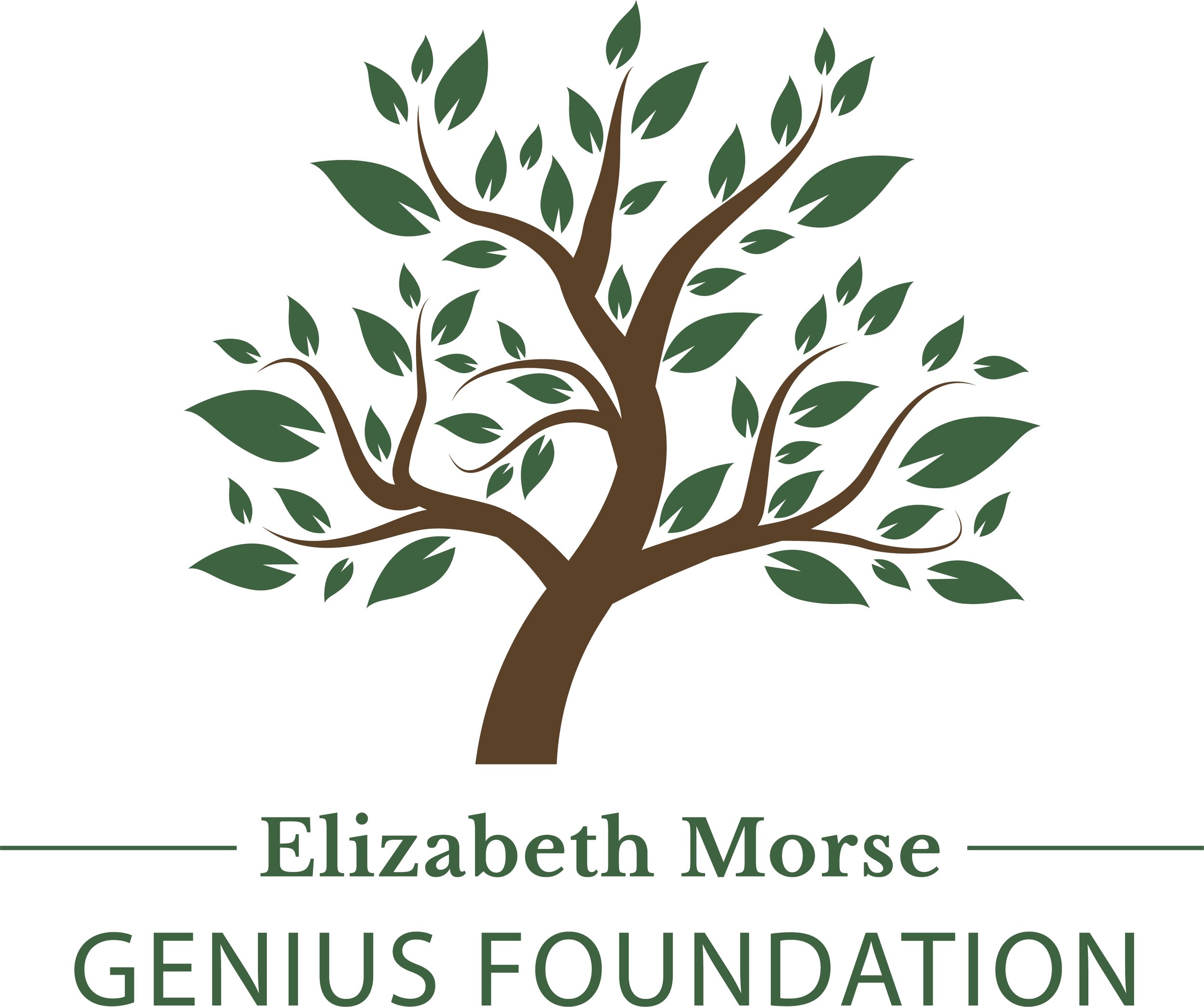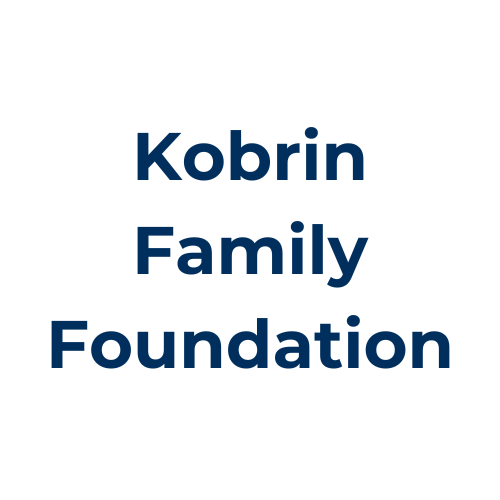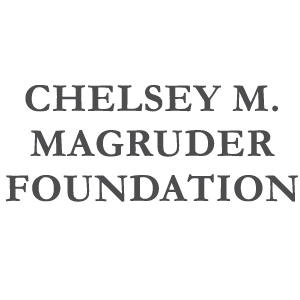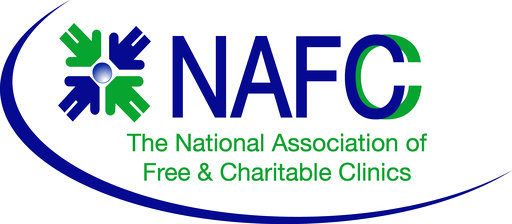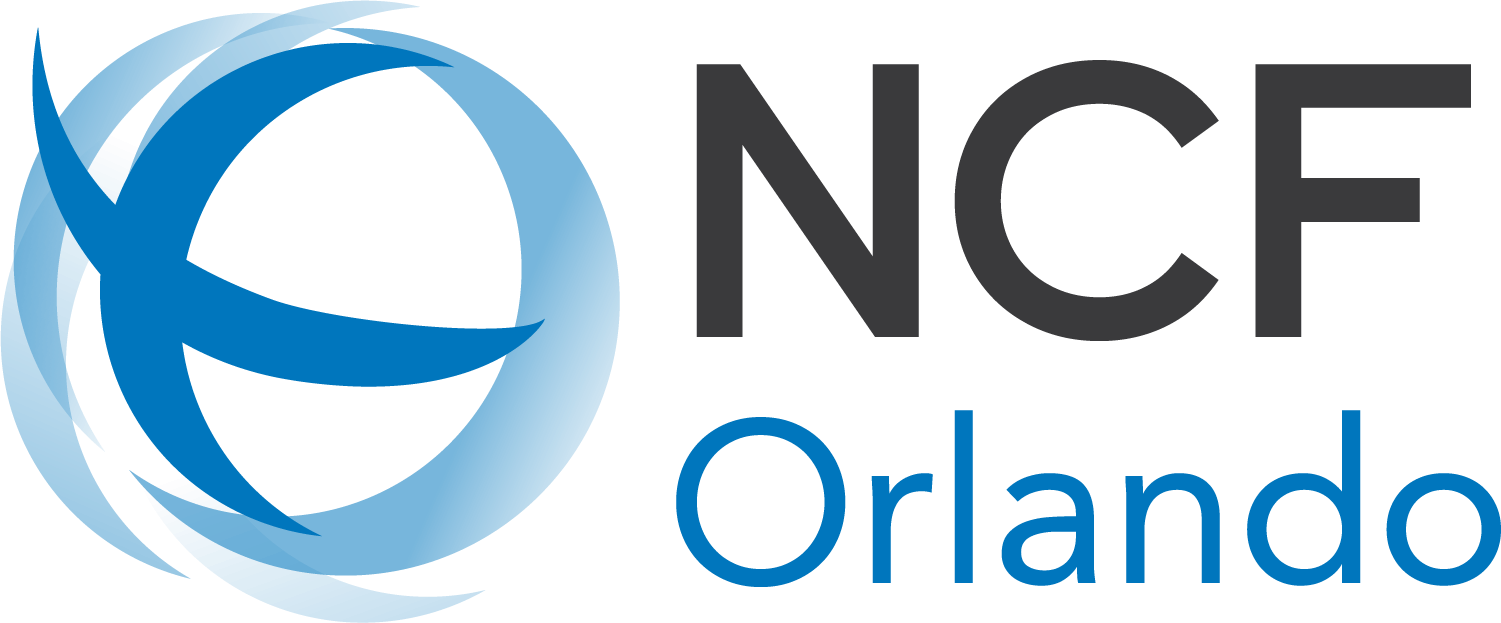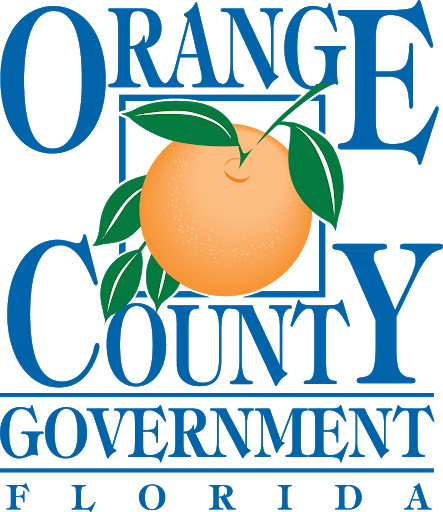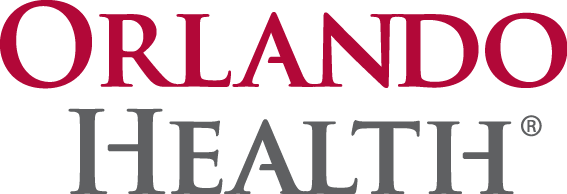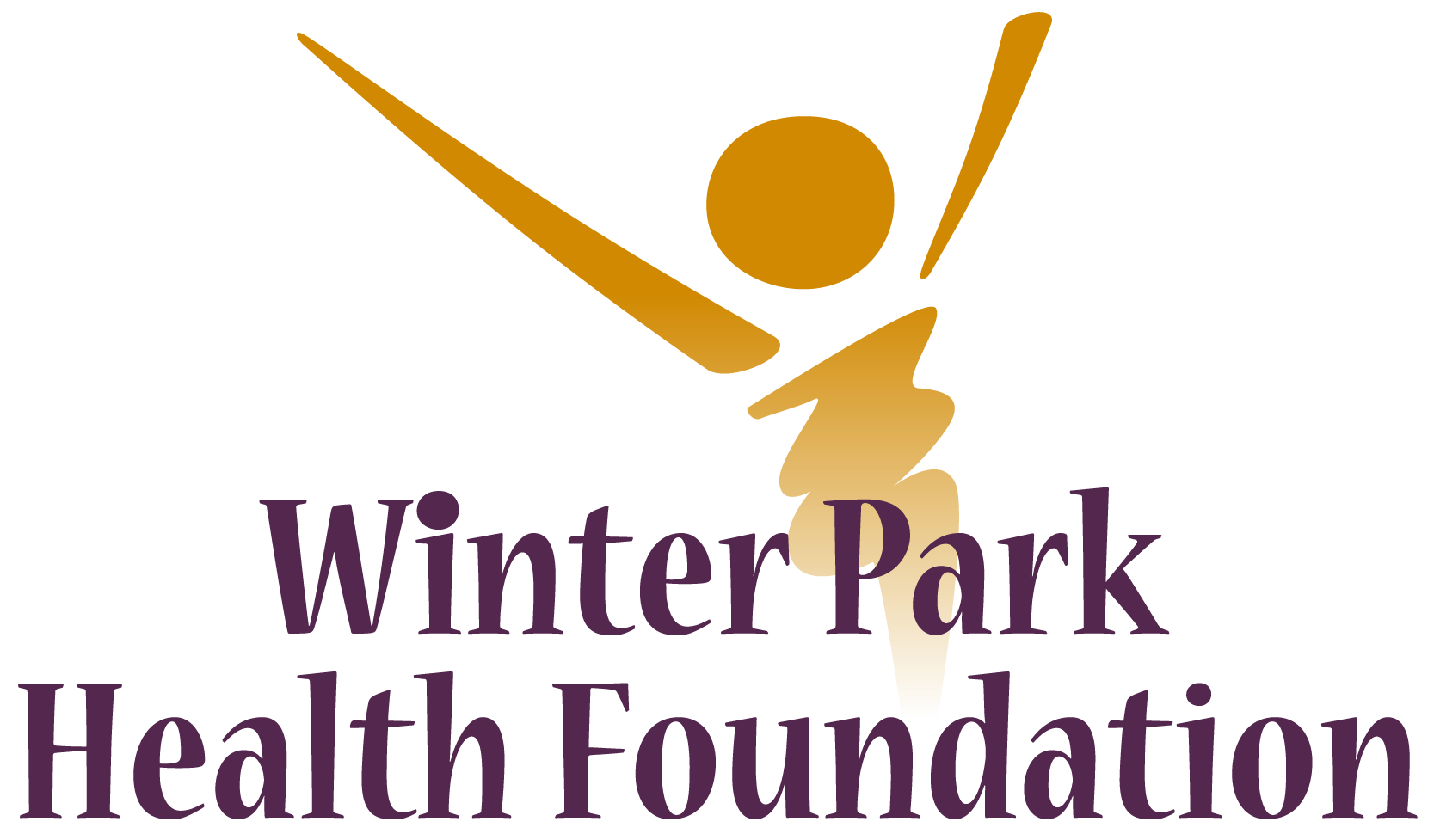Spectrum News 13 stopped by our recent Community Heath Talk, in partnership with the Central Florida Black Nurses Association and the Winter Park Health Foundation, in Eatonville. Click on the photo above to see the full story.
Grace Wellness Home Recognized by National Community Development Association with 2025 Audrey Nelson Award
The National Community Development Association (NCDA) named the Grace Wellness Home as the recipient of the 2025 Audrey Nelson Community Development Achievement Award, which was presented at their Winter/Legislative Conference in Washington, D.C. on Friday, February 7th. City of Orlando staff accepted the award and delivered a presentation on the partnership and project.
Empowering Communities: Grace Medical Home and Central Florida Black Nurses Association Join Forces for Health Equity
Many uninsured in Orange County call this medical center ‘home’
ORANGE COUNTY, Fla. – The lobby and waiting room at Grace Medical Home is clean, nicely appointed and well-lit. In many ways, an unremarkable setting for a modern doctor’s office.
Dr. Kirsten Carter, internal medicine specialist, said that’s the point.
“We were very intentional in wanting not only a medical place of perfection and excellence, but we wanted it to be beautiful. Most of our patients have not had an opportunity to feel valued, to feel special to feel embraced,” Carter said.
The full service medical center near Colonial Drive and Mills Avenue has been serving Orange County’s uninsured residents for nearly 15 years.
“We know that there are people out there who deserve the best, who just, for whatever circumstances, can’t or don’t have access to health care, it doesn’t mean that they shouldn’t have it. So our goal was to provide a space to fill that hole,” Carter said.
Annette Opio is a patient at Grace Medical Home in Orlando. (WKMG-TV)
Annette Opio has relied on Grace Medical Home for several years. She has some chronic conditions and is able to get regular care from a variety of specialists within the practice.
“I get my labs done. And then I come and talk to my wonderful doctor, she tells me if I’m doing good, or if I’m getting scolded,” Opio said with a laugh.
Opio is unable to work but even when she was employed she couldn’t afford health insurance.
“I worked for many years and couldn’t afford the insurance in my own job because I had to pay other bills.” Opio said. “So a lot of people go without seeing a doctor because they can’t afford insurance.”
And those are the people Grace Medical Home is designed to help, the working poor.
“When you’re trying to choose between getting health care, and putting food on the table or paying your rent, you know, those basic needs have to be met first. And so your illness will go down on the list.” Carter said. “So you ignore things, you definitely don’t get prevention. Unfortunately, you become more and more sick, which makes you less productive. And it’s just a downward spiral.”
According to Grace Medical Home, more than 185,000 people in Orange County are uninsured and have no access to ongoing care due to insurance status and cost barriers.
Many patients work more than one part-time job. Construction work tops the list of patient occupations.
Stephanie Garris, CEO of Grace Medical Home, said most patients need care for chronic conditions such as diabetes, hypertension, high cholesterol and asthma.
“Our patients if they’ve sought care before, it may be episodic, maybe at a minute clinic or something like that, or the emergency room certainly. But what they really don’t have access to is that cardiologist that endocrinologist all the components that are needed with chronic disease management.” Garris said. “So that’s really what we do here. And we have all of those specialties.”
Grace Medical Home provides primary care for adults and children including well and sick visits, check-ups and care for chronic illnesses. More than 35 medical specialties, such as cardiology, dermatology and orthopedics are provided on-site.
The center relies on more than 400 physician volunteers.
Since its inception in 2010, Grace has served more than 5,000 patients and reduced patients’ ER visits totaling more than $2.4 million since 2015.
Grace Medical Home in Orlando. (WKMG-TV)
In 2010, local physicians participated in a medical mission trip to the Dominican Republic. The mission was to help the Dominicans turn a children’s sick clinic into a comprehensive medical home where, in addition to acute sick visits, there are well care check-ups, health education and adequate medical records.
“Returning home, they saw the same need to provide high quality and continuous healthcare to the underserved right here. So when they saw the clinic doing so successful down there, where they didn’t have many resources, they said we could probably do something like here in the U.S. And here we are,” Carter remembered. “And so it’s just amazing how it just takes one spark to ignite a big flame. All you need is a spark.”
“We were very intentional in calling ourselves Grace Medical Home,” Garris said. “Because that’s precisely what the low income uninsured struggle to find because of insurance barriers or cost barriers. And really all that means is that the patient’s in the center of their care, they come here as much as they need to. They get the secondary care, the procedures, the screenings, the cancer screenings and preventive care services that they just simply don’t have access to.”
Grace Medical Home is not currently accepting new patients but updates their website each month.
To be a patient at Grace, you must:
⋅ Live in Orange County for at least the past three months
Be uninsured, not enrolled in and don’t qualify for any government-assisted healthcare programs (such as Medicaid, Medicare, VA Benefits, etc.)
Be between the ages of birth and 64
The monthly gross income of your family must be equal to or less than 200% of the federal poverty level.
They do not accept walk in applications.
On Improving Mental Health, Clinic Staff Have Wisdom to Share
People who most need access to mental health care don’t always know where to find it. Or speak the same language as an available therapist. Or have a reliable ride to a counseling session.
To overcome these and other barriers, safety net providers across the U.S. are thinking outside the box. In some cases, they’re thinking outside the physical walls entirely. During a recent event at Direct Relief headquarters, several of these innovative clinics, each funded by Teva, had an opportunity to share insights and learn from one another.
Grace Wellness Home Kicks-off Construction
Grace Medical Home celebrated a significant step in expanding whole-person care initiatives for the uninsured by kicking-off construction on Grace Wellness Home. Community partners, dedicated board, staff and volunteers to joined us to recognize and thank our community partners who invested a collective $1,126,500 to purchase, renovate, staff and furnish Grace Wellness Home.
Bank of America Named Grace Medical Home a 2022 Neighborhood Builder®
Bank of America named Grace Medical Home a 2022 Bank of America Neighborhood Builder®. With multi-year grant funding, Grace’s programs and services to address local access to healthcare will continue to expand, helping more neighbors in need.
OBJ's Community Impact Heroes: Grace Medical Home's Stephanie Garris bolsters mental health efforts
Stephanie Nelson Garris, CEO of Grace Medical Home
PHOTO ILLUSTRATION BY CATIE PETERSON/OBJ; RICH JOHNSON/SPECTACLE PHOTO
By Ryan Lynch – Staff Writer, Orlando Business Journal
Dec 5, 2022 Updated Dec 7, 2022, 4:41pm EST
Editor's note: This is part of a series on the 2022 Community Impact: Heroes, stories that highlight Central Floridians who are pushing for positive change in health care, workforce development/education, transportation and affordable housing. This story focuses on health care. Read more in OBJ's Dec. 2-8, 2022, weekly edition.
Stephanie Nelson Garris has been focused on addressing needs through her organization’s health care services.
The CEO of Orlando-based nonprofit Grace Medical Home said her organization cared for more than 1,200 unique patients with a total value of care of $10.36 million. Plus, the group addresses other social determinants of health, including mental health and food insecurity.
Food was the most common need, and through a partnership with the Second Harvest Food Bank of Central Florida and the Orlando Magic Youth Foundation, Grace Medical Home provides healthy food every other week to pediatric patients and, more recently, for adult patients.
Another recent move: Grace Medical Home added Dr. John Sanderson and Carisa Jones to address mental health needs, Garris said.
"We provided 1,710 mental health encounters and anticipate this number will increase. More than 18% of all Grace patients received mental health services, a 36% increase from the prior year. On average, our counseling patients visited with their mental health counselor more than seven times this year."
Here’s more from Garris:
What was your unfinished 2022 business on health care access gaps? We are excitedly looking forward to introducing Grace’s Mobile Medical Unit to the community. Grace received a $250,000 appropriation from the state of Florida to purchase a mobile medical unit. It will enable us to reach patients who don’t have access to transportation for their appointments and provide outreach opportunities to underserved communities.
What partnerships have helped bridge health care access gaps in the area? The most significant were those forged long before we opened our doors. AdventHealth and Orlando Health are sustaining partners through donations, much-needed services and ongoing support. Both hospital systems understand the value of providing access to health care, as many of the uninsured go to local emergency rooms for non-urgent treatment or go without care completely. Grace provides an alternative to the emergency room which helps lower health care costs not only for patients, but also the community at large. We have deferred more than $2.5 million in hospital costs for Grace patients since 2015.
How can businesses help contribute to fighting these issues locally? Volunteer. Volunteers play an integral role in advancing Grace’s mission. Last year, over 681 volunteers served Grace, donating more than 37,000 hours of service — the equivalent of 17 full-time employees. We especially need clinical specialists to provide specialty clinics for our uninsured patients. Also, donate. Grace is completely funded by donations and every gift counts.
How has the demand for the health services you provide changed from last year? We saw an increase in demand for mental health services this past year. Trauma-informed care also became a foundation at Grace; it shifts the focus from “What’s wrong with you?” to, “What happened to you?” These practices potentially improve patient engagement, treatment adherence and health outcomes, as well as provider and staff wellness. It also can help reduce avoidable care and excess costs for both the health care and social service sectors.
Stephanie Nelson Garris
Title: CEO, Grace Medical Home
Years with nonprofit: 13
Contact: sgarris@gracemedicalhome.org
WESH 2 Community Champion: Grace Medical Home
OBJ's Community Impact: Health Care
Orlando Sentinel: People on the Move
10 People Who Make Orlando a Better Place to Live
Meet these outstanding business leaders: OBJ's 2021 CEOs of the Year
Grace Recognized with Innovation Award in Community Health from Direct Relief and The Pfizer Foundation
Grace Medical Home recently received a $150,000 grant as part of Direct Relief’s Innovation Awards in Community Health: Addressing Infectious Disease in Underserved Communities, generously funded by The Pfizer Foundation.
This support will enable Grace to increase vaccination initiatives for our adult patients against common inflections like seasonal flu. Additionally, it will help strengthen future vaccine delivery, including the COVID-19 vaccination, to reach our marginalized and vulnerable patient population.
Grace was the only clinic in Florida and one of only 11 clinics recognized nationally to receive this prestigious grant. Grants totaling $2.5 million went to safety-net community healthcare providers to support innovative approaches to infectious disease education, screening, testing, treatment, and care and to provide greater health equity among the country’s most vulnerable communities. Direct Relief managed the application and selection process in consultation with a panel of infectious disease physicians who provided a clinical review.
“The COVID-19 pandemic has exacerbated existing systemic health inequities, resulting in vulnerable patients and their loved ones experiencing even greater hardship,” said Caroline Roan, President, The Pfizer Foundation and Chief Sustainability Officer, Pfizer Inc. “We are proud to support Direct Relief and its network of frontline safety-net clinics across the U.S. to break down barriers to good health in underserved communities and increase access to life-saving infectious disease prevention, diagnosis, treatment and care.”
“These awards are intended in part to allow providers to test and improve new care models and solutions, which is of utmost importance as healthcare is drastically changing due to COVID-19,” said Thomas Tighe, Direct Relief President and CEO. “We are humbled by the dedication of these largely unheralded safety-net health providers to improve the lives and health of the people they care for.”
















